-
Doctors
-
Specialities & Treatments
Centre of Excellence
Specialties
Treatments and Procedures
Hospitals & Directions HyderabadCARE Hospitals, Banjara Hills CARE Outpatient Centre, Banjara Hills CARE Hospitals, HITEC City CARE Hospitals, Nampally Gurunanak CARE Hospitals, Musheerabad CARE Hospitals Outpatient Centre, HITEC City CARE Hospitals, Malakpet
HyderabadCARE Hospitals, Banjara Hills CARE Outpatient Centre, Banjara Hills CARE Hospitals, HITEC City CARE Hospitals, Nampally Gurunanak CARE Hospitals, Musheerabad CARE Hospitals Outpatient Centre, HITEC City CARE Hospitals, Malakpet Raipur
Raipur
 Bhubaneswar
Bhubaneswar Visakhapatnam
Visakhapatnam
 Nagpur
Nagpur
 Indore
Indore
 Chh. Sambhajinagar
Chh. SambhajinagarClinics & Medical Centers
Book an AppointmentContact Us
Online Lab Reports
Book an Appointment
Consult Super-Specialist Doctors at CARE Hospitals
Mild Cognitive Impairment: Symptoms, Causes, Complications and Treatment
Updated on 18 November 2024
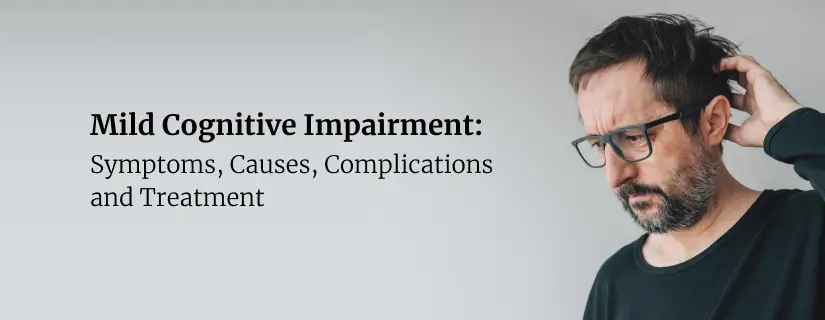
Have you ever misplaced your keys or forgotten a name, only to wonder if it's just a normal part of ageing or something more? Mild Cognitive Impairment (MCI) is a psychological condition that falls between typical age-related changes and dementia. It impacts memory, thinking, and judgement more than expected for someone's age. Understanding medical MCI is crucial because it can affect daily life and may lead to more serious cognitive issues.
This article will explore what MCI disease is, its causes, and the signs to look out for. We'll also discuss risk factors, possible complications, and how doctors diagnose this condition. Additionally, we'll cover treatment options, prevention strategies, and home remedies that help manage MCI symptoms.
What is Mild Cognitive Impairment?
Mild cognitive impairment (MCI) can cause a noticeable decline in mental abilities compared to others of the same age. It affects memory, reasoning, and complex task planning. While these changes are significant enough to be noticed by the individual or their loved ones, they don't interfere with daily activities.
MCI is often an early stage of memory loss that falls between typical age-related changes and dementia. People with MCI may forget recent events, have trouble finding words, or experience difficulty problem-solving. However, they can still take care of themselves and carry out routine tasks. It's important to note that MCI doesn't always lead to dementia; in some cases, it may remain stable or even improve over time.
Causes of Mild Cognitive Impairment
Mild cognitive impairment can develop at any age, but the risk increases as people get older. About 1 in 4 individuals in their early 80s have MCI. The causes of MCI are varied and complex. Some are treatable, while others are not. In many cases, it's challenging to pinpoint the exact reason, though it may become clearer over time.
MCI often involves brain changes similar to those seen in Alzheimer's disease or other dementia types, but to a lesser degree. These changes can include clumps of beta-amyloid protein (plaques), tangles of tau proteins, and small strokes or reduced blood flow via brain blood vessels. Brain imaging studies have shown decreased hippocampus size, increased brain ventricle size, and reduced glucose use in key brain regions in people with MCI.
Symptoms of Mild Cognitive Impairment
MCI manifests through subtle changes in mental abilities, such as:
- The main sign is a slight decline in cognitive function, often noticeable to the individual or their loved ones.
- Memory loss is a common symptom, with people forgetting recent events or repeating questions.
- Language issues may arise, making finding the right words or understanding information difficult.
- Attention problems can lead to increased distractibility.
- Reasoning and judgement may be affected, causing difficulties in problem-solving and decision-making.
- Complex planning tasks like bill payment or medication management might become challenging.
- Some individuals may also experience movement difficulties or problems with their sense of smell.
- Sometimes, people with MCI may experience emotional changes such as depression, anxiety, or irritability.
Risk Factors
Several factors increase the risk of developing mild cognitive impairment, such as:
- Age is a significant factor, with the likelihood of MCI rising as people get older.
- Genetic predisposition, particularly carrying the APOE e4 gene, also plays a role.
- Diabetes, high BP, and high cholesterol contribute to the risk.
- Lifestyle factors, including smoking, excessive body weight, and lack of physical exercise, can also increase the chances of developing MCI.
- Depression and obstructive sleep apnea are associated with a higher risk.
- A low education level and infrequent participation in mentally or socially stimulating activities may contribute to cognitive decline.
Complications
Mild Cognitive Impairment (MCI) can lead to various complications, such as:
- Progression to dementia- Studies show that about 15% of individuals over 65 with MCI develop dementia within two years of diagnosis.
- MCI can cause personality changes and loss of independence, increasing the risk of falls & injuries.
- Other complications may include developmental delays, learning disabilities, and speech defects.
Diagnosis
Diagnosing mild cognitive impairment (MCI) involves a comprehensive approach, including:
- Clinical Assessment: Doctors start by gathering information about symptoms and medical history. Input from family members or close friends about changes in mental abilities is valuable.
- Physical Evaluation: Doctors may perform some basic neurological tests to get a more detailed assessment of cognitive abilities. These tests help evaluate reflexes, speech issues, judgement skills, and underlying medical conditions.
- Cognitive Screening: Cognitive screening tools {Montreal Cognitive Assessment (MoCA) or Mini-Mental State Examination (MMSE)} help evaluate memory, attention, and problem-solving skills.
- Lab Tests: Doctors conduct blood tests and brain imaging to rule out other conditions. An MRI or CT scan can assess a brain tumour, stroke or bleeding.
Treatment for Mild Cognitive Impairment
Currently, there are no approved drugs specifically prescribed for mild cognitive impairment (MCI). However, doctors focus on managing symptoms and addressing underlying factors, such as:
- Exercise plays a crucial role in treatment. Research shows that regular physical activity can improve cognitive measures. Clinicians often recommend aerobic exercise at least twice weekly as part of an overall management approach.
- Cognitive training is also beneficial, although more research is needed. It's essential to address modifiable risk factors such as high blood pressure, depression, and sleep apnea, which can contribute to cognitive decline.
- Doctors suggest weaning patients off medications that could affect cognitive function when medically appropriate. These medicines include:
- Anticholinergics
- Antihistamines
- Benzodiazepines
- Opioids
- Proton pump inhibitors
- Medication: FDA has approved lecanemab for people with Alzheimer's disease & mild cognitive impairment due to Alzheimer's disease. Not all people with MCI are expected to be eligible for this treatment since Alzheimer's disease is associated with some MCI.
Prevention
While there's no guaranteed way to prevent mild cognitive impairment, research suggests several lifestyle choices may help protect brain health, including:
- Regular exercise, mainly aerobic activities like walking or swimming, can boost mental function and lower the risk of cognitive decline.
- A Mediterranean diet, rich in fruits, vegetables, omega-3 fatty foods, whole grains, and healthy fats, may also support brain health.
- Participating in mentally stimulating activities, like playing games or reading, can help keep the mind sharp.
- Managing stress through various techniques like meditation or yoga may be beneficial.
- Getting enough sleep, limiting or avoiding alcohol consumption, and avoiding smoking are also essential steps.
By adopting these healthy habits, individuals may reduce their likelihood of developing mild cognitive impairment and maintain better cognitive function as they age.
Home Remedies for Mild Cognitive Impairment
While there's no cure for mild cognitive impairment, several home-based remedies may help manage symptoms and improve quality of life, such as:
- Regular exercise, particularly aerobic activities, can boost cognitive function and release brain-derived neurotrophic factor (BDNF), which may enhance memory and attention.
- Establishing good sleep hygiene is crucial, as sleep disturbances often worsen MCI symptoms.
- Mindfulness can diminish stress and improve cognitive function.
- Keeping the brain active through 'brain games' may enhance certain aspects of memory and thinking.
- Participating in social events and maintaining social connections with family and friends can also benefit those with MCI.
- Some studies suggest that acupuncture and aromatherapy offer relief for certain symptoms associated with cognitive decline.
Conclusion
Mild Cognitive Impairment (MCI) is a complex condition that sits between normal ageing and dementia. It has an impact on memory, thinking, and judgement more than expected for someone's age. Understanding the reasons, symptoms, and risk factors of MCI is crucial for early detection and management. While there's no specific cure, various strategies can help manage symptoms and potentially slow down cognitive decline.
Taking care of our brain health is key to reducing the risk of MCI. Regular exercise, a healthy diet plan, and staying mentally and socially active can make a big difference. If you or a loved one notice changes in cognitive abilities, talking to a doctor is essential. Early diagnosis and proper intervention can lead to better outcomes and quality of life for MCI patients.
FAQs
1. What's the difference between mild cognitive impairment and mental decline due to ageing?
Mild cognitive impairment is distinct from normal ageing. While it's common for anyone to forget things occasionally, MCI involves noticeable changes in memory or thinking that occur more frequently. Friends and family often notice these changes. However, unlike dementia, people with MCI can still perform daily activities independently.
2. Can someone recover from mild cognitive impairment?
Yes, recovery from MCI is possible. Studies show that some individuals with MCI may see their condition stabilise or even improve over time. However, it's important to note that MCI can also progress to dementia. Regular monitoring and healthy lifestyle choices can play a role in managing MCI.
3. Is mild cognitive impairment normal?
MCI is not considered a normal part of ageing. It represents a stage between the anticipated cognitive decline of normal age-related degeneration and the more severe decline of dementia. While some cognitive changes are normal as we age, MCI involves more pronounced impairment than expected for someone's age and education level.
4. How fast can MCI progress?
The progression of MCI varies among individuals. According to various studies, about 10% to 15% of people suffering from MCI go on to develop dementia each year. However, not everyone with MCI will progress to dementia. Some may remain stable for years, while others may even see improvements in their cognitive function.
5. What comes after mild cognitive impairment?
For some individuals, MCI may progress to dementia, including Alzheimer's disease. However, this isn't always the case. Some people with MCI remain stable or even revert to normal cognition. Regular medical check-ups and assessments can monitor cognitive changes and guide appropriate medical interventions if needed.
ENQUIRY FORM
SELECT CATEGORIES
-
Neurosciences (16)
-
Neurology (37)
-
Neurosurgery (14)
-
Orthopaedics (48)
-
Oncology (33)
-
Obstetrics and gynecology (51)
-
Pulmonology (23)
-
Urology (20)
-
Nephrology (13)
-
Psychiatry (7)
-
Dietetics and Nutrition (111)
-
General Medicine (63)
-
Cardiac Sciences (30)
-
Vascular & Endovascular Surgery and Interventional Radiology (10)
-
Gastroenterology (46)
-
Endocrinology (23)
-
Plastic Surgery (10)
-
Critical Care Medicine (5)
-
COVID-19 (16)
-
Dermatology (16)
-
Emergency Care (1)
-
Ophthalmology (4)
-
Pediatrics (14)
-
Laparoscopic and Bariatric Surgery (8)
-
ENT (15)
-
Kidney Transplant (1)
-
Liver Transplantation and Hepatobiliary Surgery (5)
-
General Surgery (3)
-
Internal Medicine (5)
-
Medicine Information
Concussion: Symptoms, Causes and Treatment
Trigeminal Neuralgia: Symptoms, Causes, Treatment and Medication
YOU MAY ALSO LIKE
RECENT BLOGS
-

Direct Anterior Approach in Total Hip Replacement: Advantages and Challenges
10 April 2025
Read More
-

Zinc Deficiency: Signs and Symptoms, Causes, Treatment
9 April 2025
Read More
-

Chest Pain When Coughing: Causes, Treatment and Home Remedies
9 April 2025
Read More
-

12 Health Benefits of Eating Mushrooms
8 April 2025
Read More
-

7 Health Benefits of Blood Donation You Should Know About
8 April 2025
Read More
-

Implantation Bleeding Vs Periods: Know the Difference
28 February 2025
Read More
-

Bloating During Ovulation: Symptoms, Causes and Remedies
28 February 2025
Read More
-

Itching During Dengue: Causes, Treatment and Home Remedies
18 February 2025
Read More
Have a Question?
If you cannot find answers to your queries, please fill out the enquiry form or call the number below. We will contact you shortly.






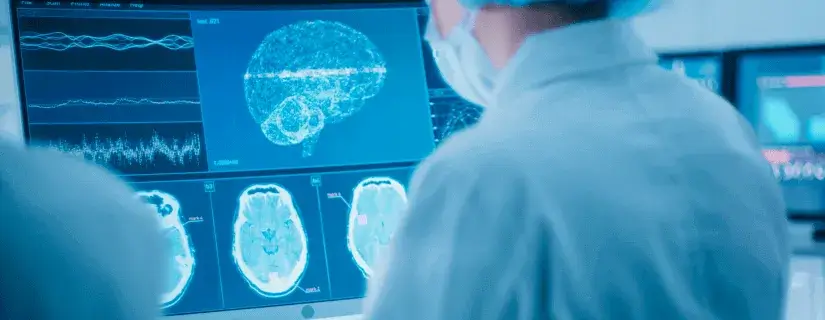
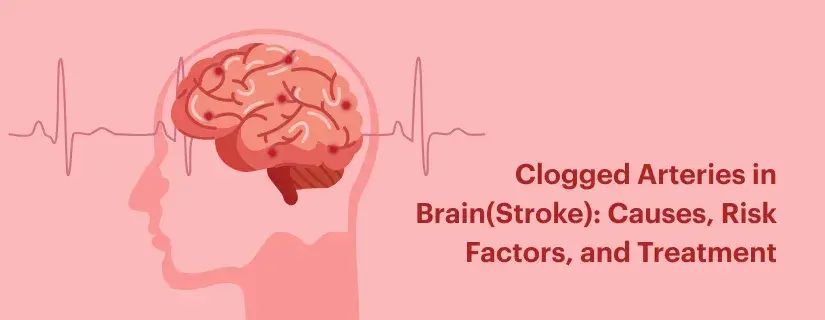


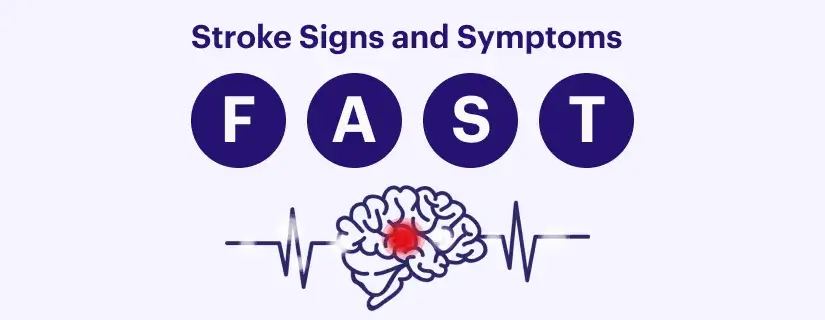
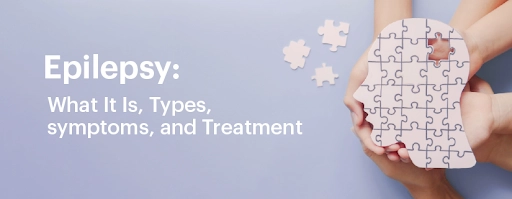
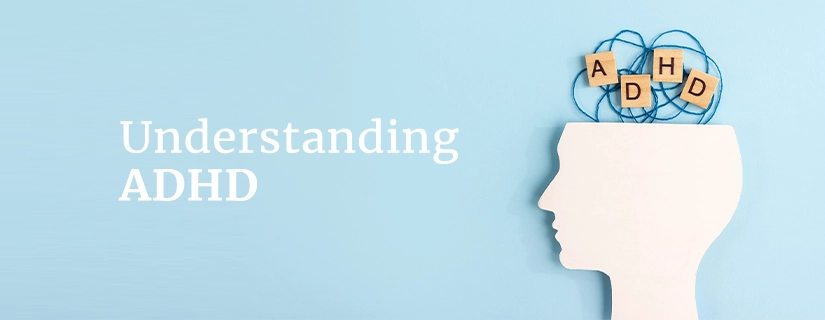
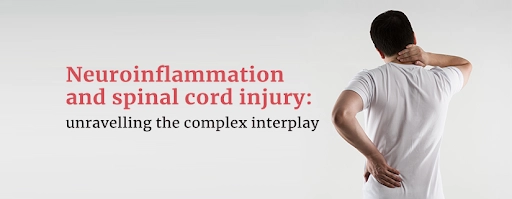





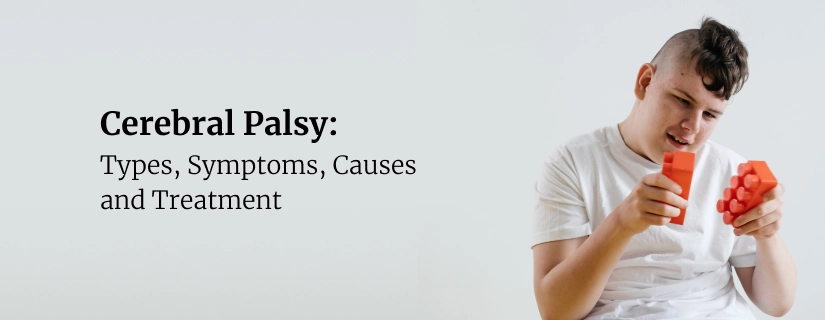



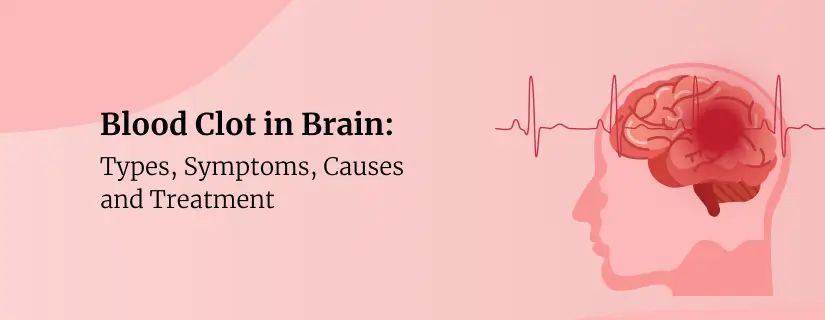




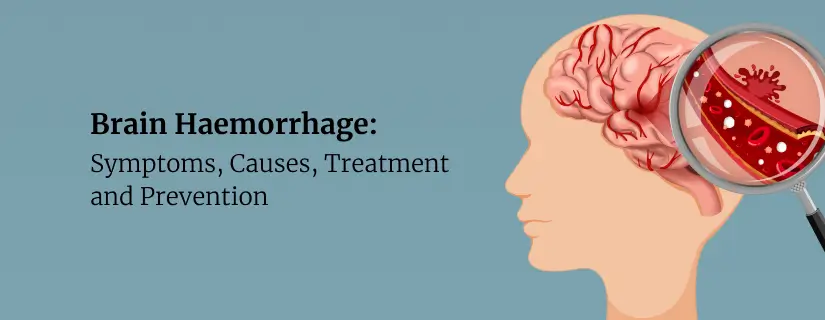


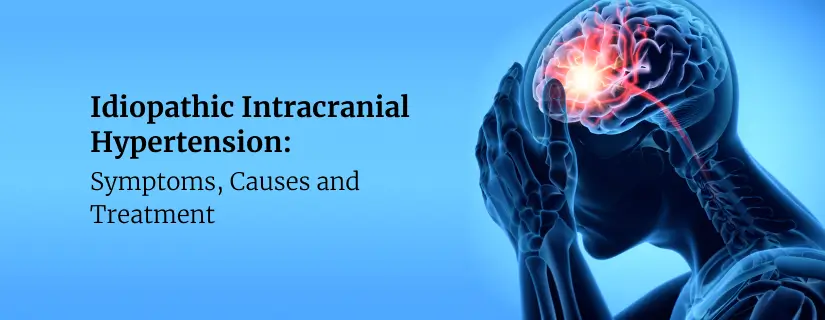


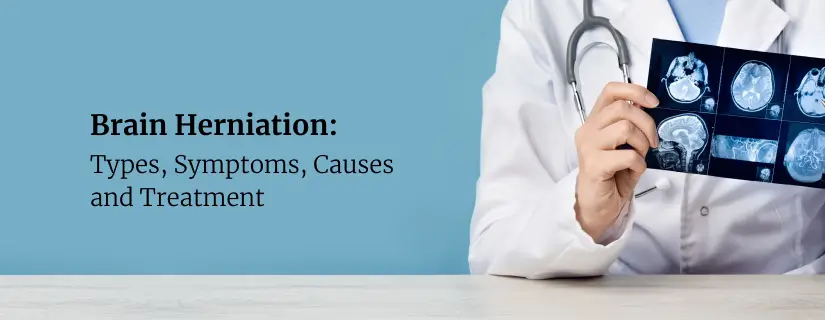

.webp)